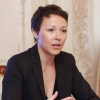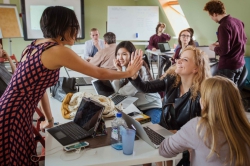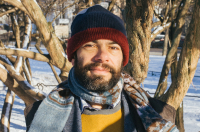ESP differs from usual English Language (EL) classes in that it addresses specific needs of a group of students at a particular time. Teaching ESP raises such questions as "how to teach students whose majors are technical?" "How gadgets can be an indispensable tool for a teacher?" and even "How to make students love technical disciplines through ESP?"
The conference gathered over 150 participants — most of them were EL teachers and tutors at technical colleges and universities in Russia and beyond. Speakers and workshop facilitators came from as far as Honduras, USA, Denmark and the U.K. Teaching is all about constantly developing and learning new things. Thus, the two-day conference consisted of 25 workshops with topics covering various aspects of teaching practices from public speaking techniques to developing writing competences.
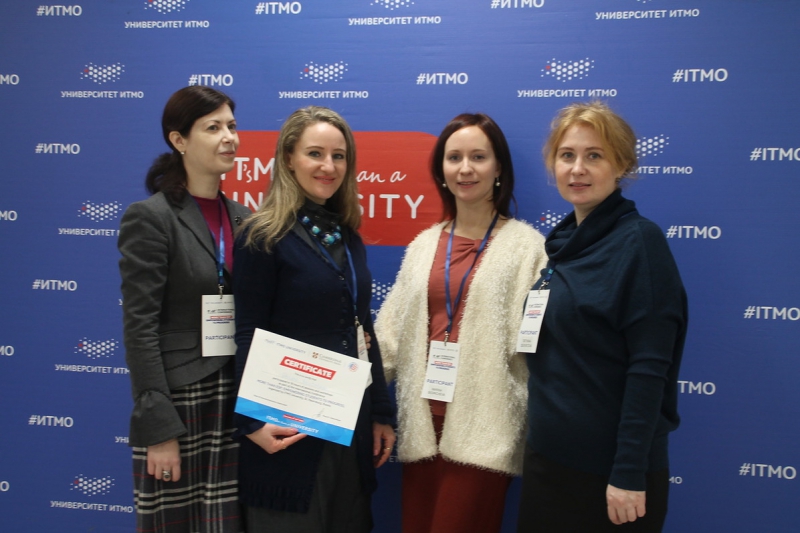
In the modern world researchers have to be fluent in English to get prestigious positions and easily communicate with international colleagues. It makes EL classes an essential part of technical studying courses. It’s is no longer possible for a scientist to have a couple of elective classes of a foreign language — being fluent in English becomes a top-priority.
Elizabeth England, Robert Cote, John Kuti, Ana Maria Ferraro, Irina Titarenko, Yulia Ryabukhina, and Chris Hastings (read more about speakers here) and others are experienced teachers, advisors, university officials and language centers' heads.
Here is what the guests of the conference shared after visiting the workshops:
John Kuti talked about a method, which helps to pick up the vocabulary with the most frequent technical terms. To fuse all these words together the expert offered to analyze a so-called corpus consisting of manuals and student books and then work on a special vocabulary. The method needs a lot of effort and enthusiasm, and many participants plan to apply this.
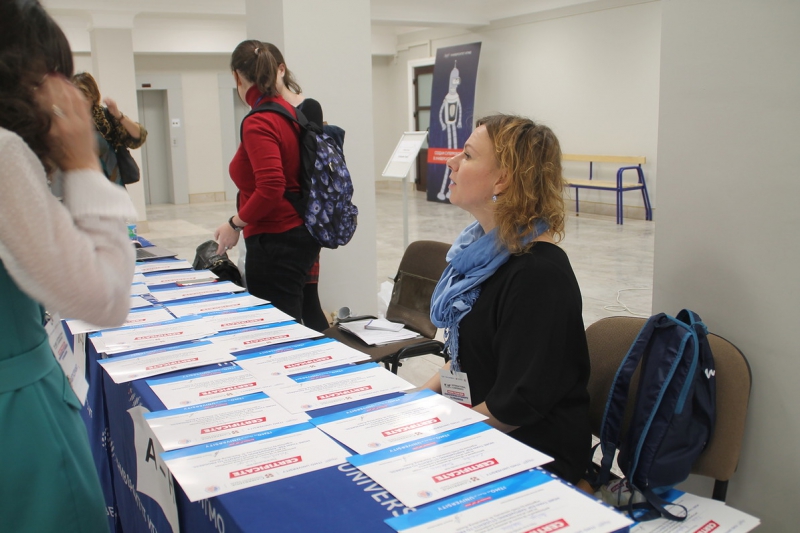
Students can, and what’s more, have to call into question and disagree with teacher’s opinion, thinks speaker Olga Minina. Obtaining new information by questioning what is before them can be referred to as "critical thinking." It helps students to always be ready for analyzing everything they learn so as to find something important for them. It also serves as a tool for fighting against brainwashing.
One of the most extraordinary workshops was "Public Speaking Skills" by Lynnae Lehfeldt. The speaker showed how to prepare one’s voice for public speaking, shared acting techniques and even presented some yoga practices to make visitors feel comfortable on stage.
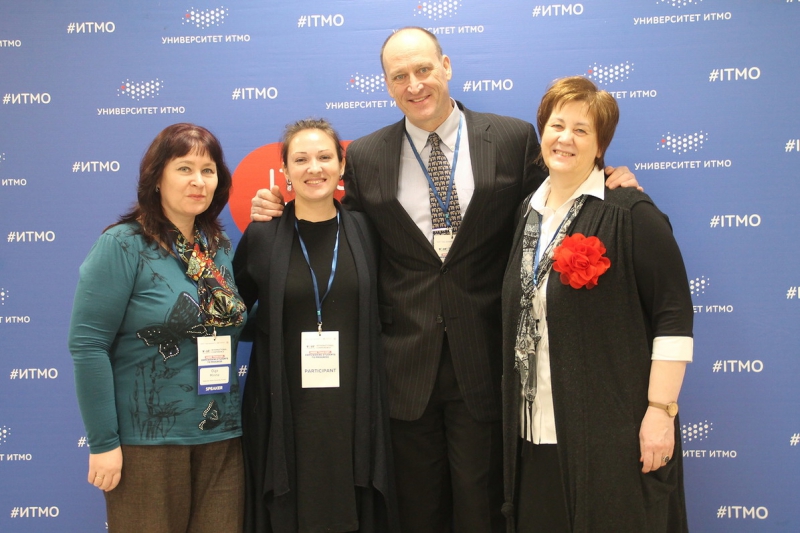
The participants also visited two open discussions and plenary sessions. After the closing ceremony everyone mentioned how much they enjoyed this event, as it was a wonderful opportunity to visit workshops of experts from different countries and meet with colleagues.
"The conference attracted many teachers. We have so many English Language centers and schools for students and few opportunities for teachers' to participate in professional development courses on ESP. We are going to organize this conference every year, invite top specialists and make workshops not only for teachers, but also for students," says Maria Didkovskaya, head of ITMO’s Internationalization Department.

